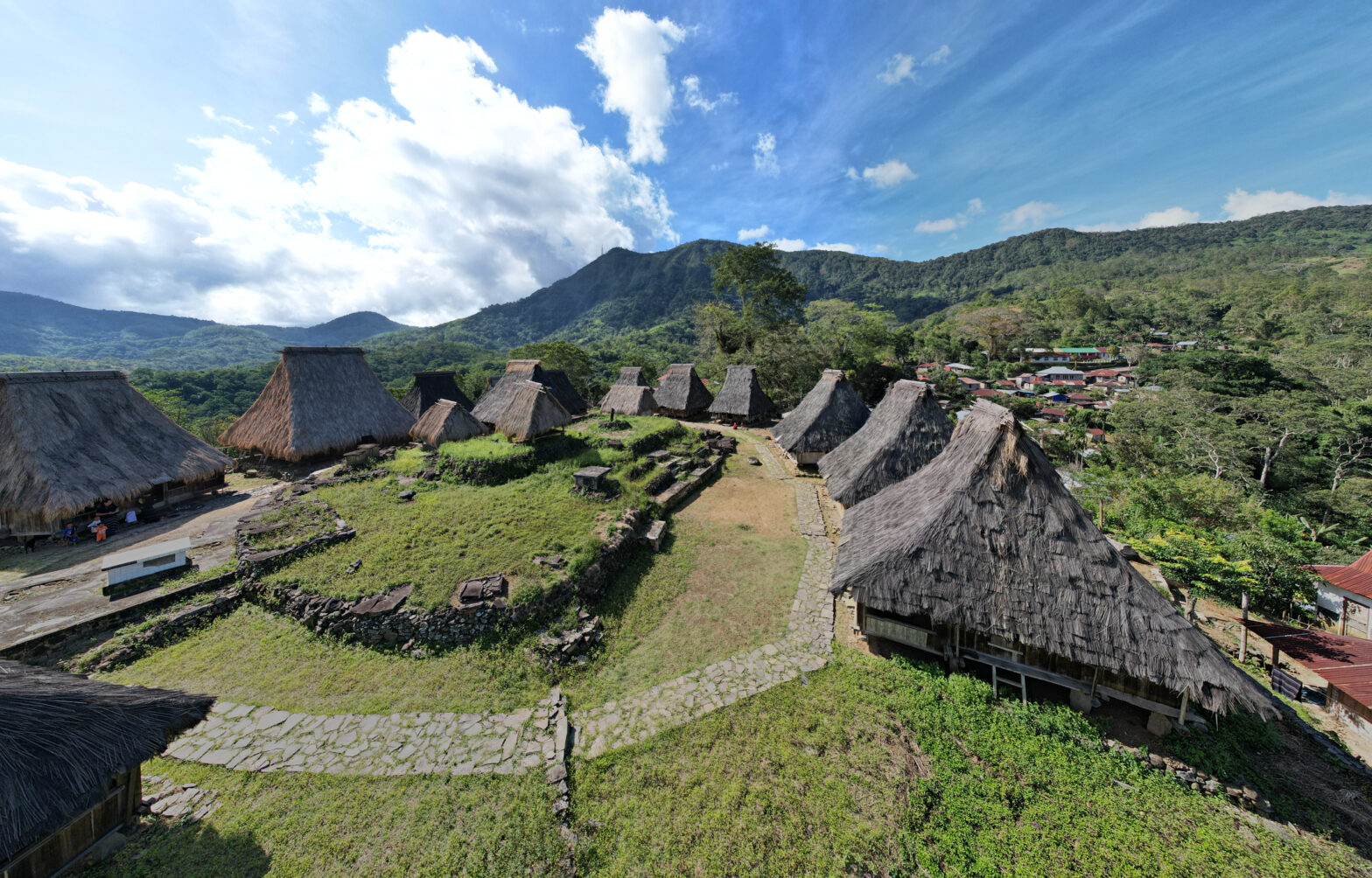Cape Town, with its stunning coastal landscapes and vibrant urban scene, is undoubtedly one of the world’s most sought-after travel destinations. A stone’s throw away from this bustling city, you can immerse yourself in the wonders of the African wilderness. A Cape Town safari offers a unique opportunity to witness Africa’s incredible wildlife up close.
Here’s your comprehensive guide to making the most of an unforgettable safari experience.
Choosing the Right Safari
Before you set off on your wild adventure, it’s crucial to choose the right safari experience. Cape Town offers a range of options, catering to various budgets and preferences.
- Private Game Reserves: For an exclusive and intimate experience, consider booking a safari at a private game reserve. Some renowned choices near Cape Town, include Sanbona Wildlife Reserve and Aquila Private Game Reserve. Prices vary, but you can expect to pay anywhere from $150 to $300 per person for a day trip, including meals and game drives.
- National Parks: If you’re looking for a more budget-friendly option, head to a national park, like Addo Elephant National Park or Karoo National Park. Entrance fees are typically between $10 and $20 per person, making it an affordable way to see South Africa’s incredible wildlife.
- Group Tours: Group tours offer a balance between cost and experience. Companies, like Cape Town Safari Tours and Inverdoorn Game Reserve, offer guided tours, including transportation, meals and game drives. Prices generally range from $100 to $200 per person for a full-day tour.
The Best Time to Visit
Cape Town’s climate is known for its diversity, and the best time for a safari depends on your preferences.
- Summer (November to March): This period offers lush green landscapes, but it’s also the hottest and busiest time. Expect higher prices and more crowds. However, it’s an excellent time for birdwatching and seeing newborn animals.
- Fall (April to May): The weather remains pleasant, and the vegetation starts to thin out, making it easier to spot wildlife. Prices are generally lower than in summer.
- Winter (June to August): Winter brings cooler temperatures, but the wildlife viewing is at its best. Animals gather around waterholes, making them easier to spot. Prices are often lower, and there are fewer tourists.
- Spring (September to October): This is the best time for flora enthusiasts as the wildflowers bloom. It’s also a good time for wildlife viewing as animals are more active during this period.
Booking Your Safari
Once you’ve determined the best time to visit and the type of safari experience you want, it’s time to book. Many reputable companies offer safari packages in Cape Town.
- Aquila Private Game Reserve: This reserve is just a two-hour drive from Cape Town and is known for its Big Five game viewing. They offer day tours and overnight stays in luxurious lodges.
- Sanbona Wildlife Reserve: Located in the Little Karoo, Sanbona, this safari offers a unique experience with a focus on conservation. They offer various accommodation options from glamping to high-end lodges.
- Inverdoorn Game Reserve: This reserve is famous for its cheetah rescue and rehabilitation program. They offer day safaris and overnight stays in comfortable lodges.
- Karoo National Park: If you prefer a self-drive safari, consider visiting Karoo National Park. You can book accommodations within the park and explore at your own pace.
What to Expect on Your Safari
Your safari experience in Cape Town will typically include the following:
- Game Drives: Game drives are the heart of any safari experience. Knowledgeable guides will take you on thrilling excursions, where you can spot elephants, lions, leopards, rhinos and buffalo.
- Bush Walks: Some reserves offer guided bush walks, providing a more intimate experience with the African wilderness. You’ll learn about animal tracks, plants and the smaller creatures often overlooked during game drives.
- Birdwatching: Cape Town and its surrounding areas are a birdwatcher’s paradise with over 500 bird species. Don’t forget your binoculars and a bird guidebook.
- Cultural Experiences: Some safaris also include visits to local communities, providing a deeper understanding of South African culture and history.
- Night Drives: To catch a glimpse of the nocturnal creatures, consider a night drive. You might spot owls, hyenas and other elusive animals.
Safety Precautions
While safaris are thrilling adventures, they also require caution.
- Respect Wildlife: Remember that you are a guest in their home. Keep a safe distance from animals and listen to your guide’s instructions.
- Health Precautions: Consult your doctor before traveling, and ensure you have the necessary vaccinations. Malaria is not a concern in Cape Town, but it’s a risk in other parts of South Africa.
- Sun Protection: Cape Town’s sun can be harsh. Wear sunscreen, a wide-brimmed hat and sunglasses.
- Stay Hydrated: Drink plenty of water, especially in the warmer months.
- Follow Rules: National parks and private reserves have rules in place to protect both visitors and wildlife. Always follow them.





